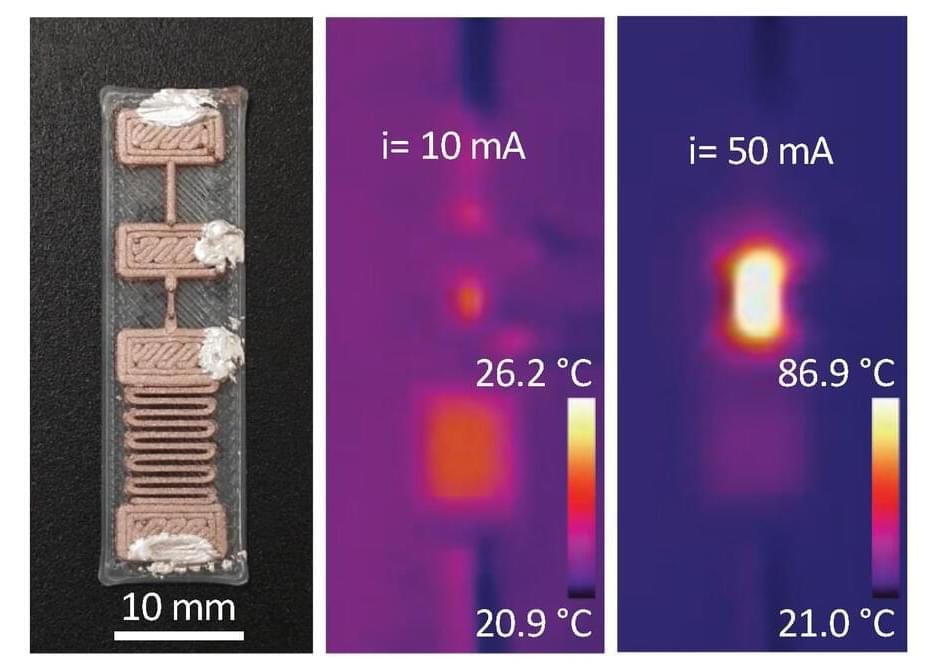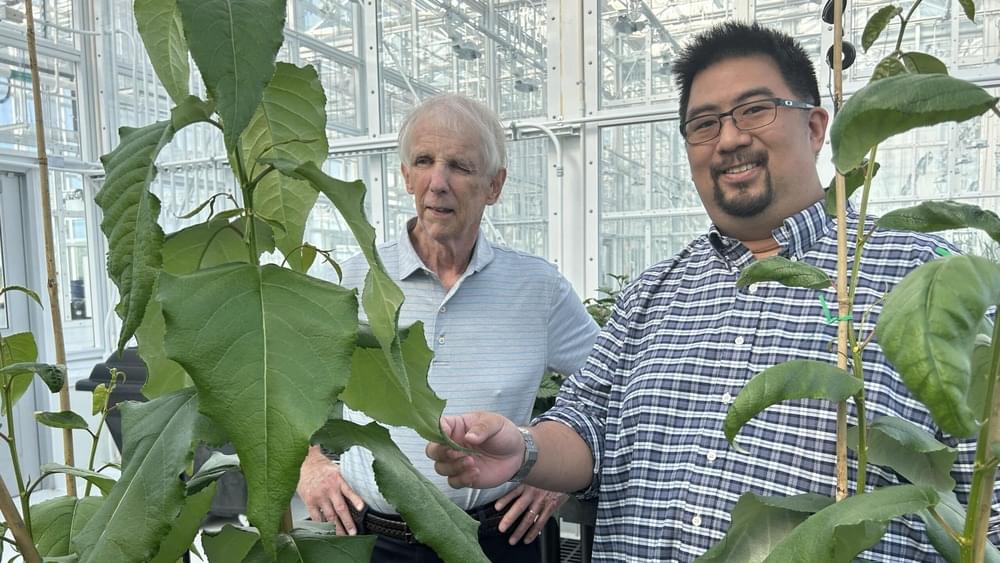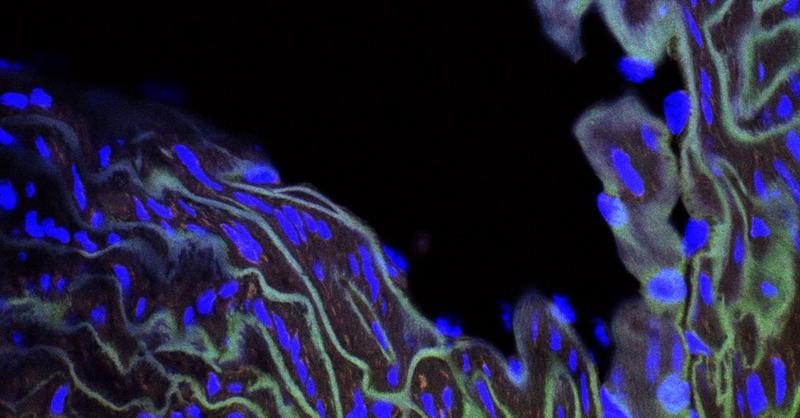Oct 21, 2024
MIT team takes a major step toward fully 3D-printed active electronics
Posted by Omuterema Akhahenda in categories: 3D printing, materials
Active electronics — components that can control electrical signals — usually contain semiconductor devices that receive, store, and process information.
Researchers produced 3D-printed, semiconductor-free logic gates, which perform computations in active electronic devices. As they don’t require semiconductor materials, they represent a step toward 3D printing an entire active electronic device.

















